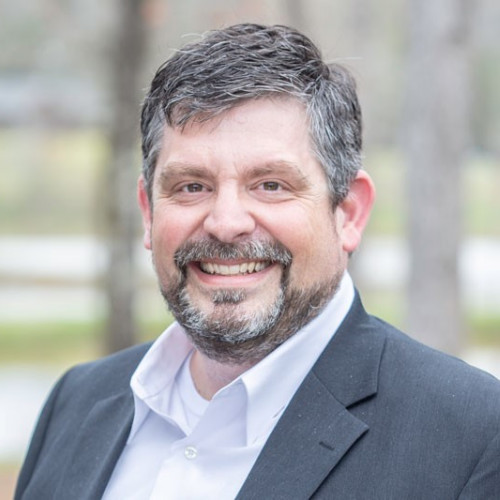Addiction, human trafficking: Don’t become a dual victim
Published 11:51 am Tuesday, January 30, 2024

- Stovall
By Mark Stovall
Guest Columnist
Human trafficking is becoming a huge problem in the state of Mississippi. In 2021 alone, the Mississippi Bureau of Investigation-Human Trafficking Special Victims Unit received 275 reports with 368 victims statewide – 300 of whom were potential minors.
Shockingly, over 100 cases involved familial sex trafficking – incidents where family members gave offenders sexual access to victims, either in person or via child pornography, in exchange for something of value, such as money or drugs.
And those are the cases we know about. It’s widely assumed that human trafficking is severely under-reported because victims physically can’t or are afraid to come forward. Yet, most of us still think it can’t happen to us or anyone we care about. That it only happens to “other people,” and certainly not in my backyard, not in this nice neighborhood.
Unfortunately, addiction and human trafficking frequently go hand-in-hand. While one can certainly lead to the other, they also share multiple similarities in how they lure victims and destroy lives. I’ve treated many “dual victims” in my career, and hearing about the horrors they’ve endured has inspired me to crusade against this evil plague on our communities.
January is Human Trafficking Prevention Month. Here are four things you need to know about the link between human trafficking and addiction to protect you or someone you love from falling victim to either – or worse, both:
No one is immune. We know that addiction doesn’t discriminate. Anyone can fall victim to this disease, regardless of income, social status or occupation. Similarly, anyone can fall prey to human traffickers.
I personally know a young woman in Oxford who was almost “pulled over” by human traffickers posing as police officers. Thankfully, she was suspicious and called the actual police who caught up with her.
They made multiple arrests that led to bringing down an entire sex trafficking ring. I still get emotional when I think of what might’ve happened had she not been so cautious – or anyone else who may not have been so astute.
They prey on vulnerability. Very often, people start using substances to cope with trauma or difficult circumstances. Sometimes it starts innocently – a drink to deal with stress or a Xanax for anxiety – and before they know it, they’re hooked. Their vulnerability made them more susceptible to dependence.
Human trafficking works the same way. Some people get involved for the promise of drugs or money because they’re desperate and vulnerable. Traffickers know this, which is why they often target addiction treatment or transitional living facilities, where people are newly sober and trying to get their life together. In other cases, groomers befriend vulnerable minors—both in person and through social media—listening, empathizing with their struggles in a way that perhaps no one else will. That’s how they build trust. And just like substances, it may start off innocently, but soon becomes sinister.
Becoming a victim changes your brain. We know that chronic substance use changes your brain chemistry to make you increasingly dependent, more willing to take risks and make it harder to quit. Similarly, traffickers often use very sophisticated psychological manipulation tactics that convince a victim to be a willing participant.
Aside from supplying drugs to those who are already addicted, traffickers will often introduce drugs to victims to keep them dependent. This not only helps them cope with the horrible situation, but also withdrawal symptoms can be torturous.
Also, many traffickers aren’t operating out of seedy places like you might expect. They provide for their victims quite lavishly in luxury hotels or million-dollar mansions. This care-taking strategy means some victims don’t even realize they’re being exploited and will protect or defend their captors in an almost Stockholm-syndrome scenario.
Victims are afraid to come forward. Those with substance use disorder are often afraid to ask for help, out of fear they’ll go to jail, lose their job or family, or be seen as a bad person.
Despite the torture they experience, human trafficking victims are also afraid to come forward out of fear that they’ll be punished by their captors or by the justice system because they’re addicted to an illegal substance. Too often, when they do come forward, lack of training in law enforcement means victims are treated like they’re the one who did something wrong. We must improve training to prevent this victim-blaming.
The most important thing to know about both addiction and human trafficking is that help is always available. No one has to be a victim. If you’re using substances to cope, find an addiction treatment center near you before you become vulnerable to traffickers.
If you’re already a victim of human trafficking, or suspect someone you know may be, call the National Human Trafficking Hotline at 888-373-7888 or text HELP to 2337333(BEFREE).
Mark Stovall is CEO of Oxford Treatment Center, an American Addiction Centers facility.





